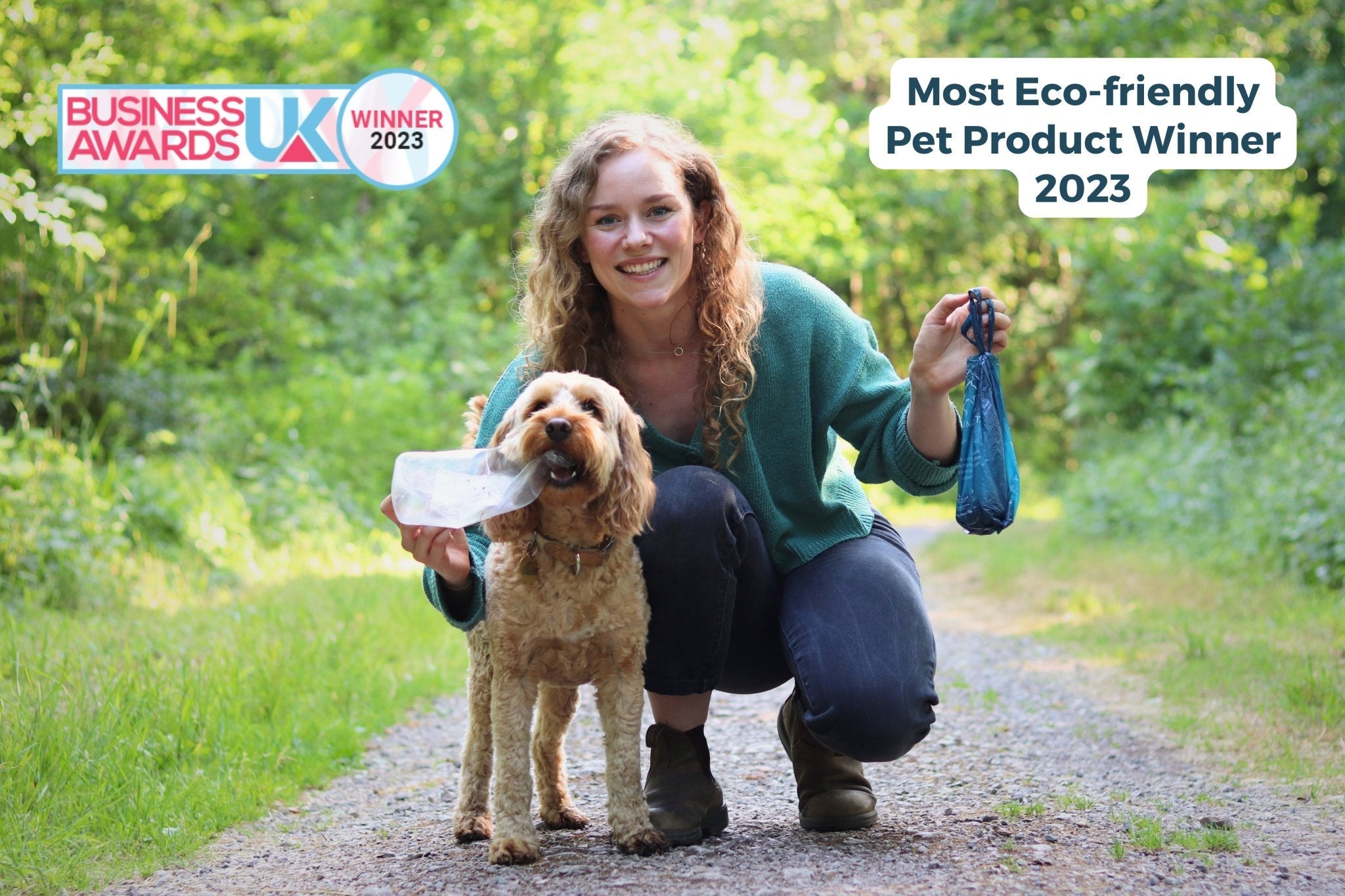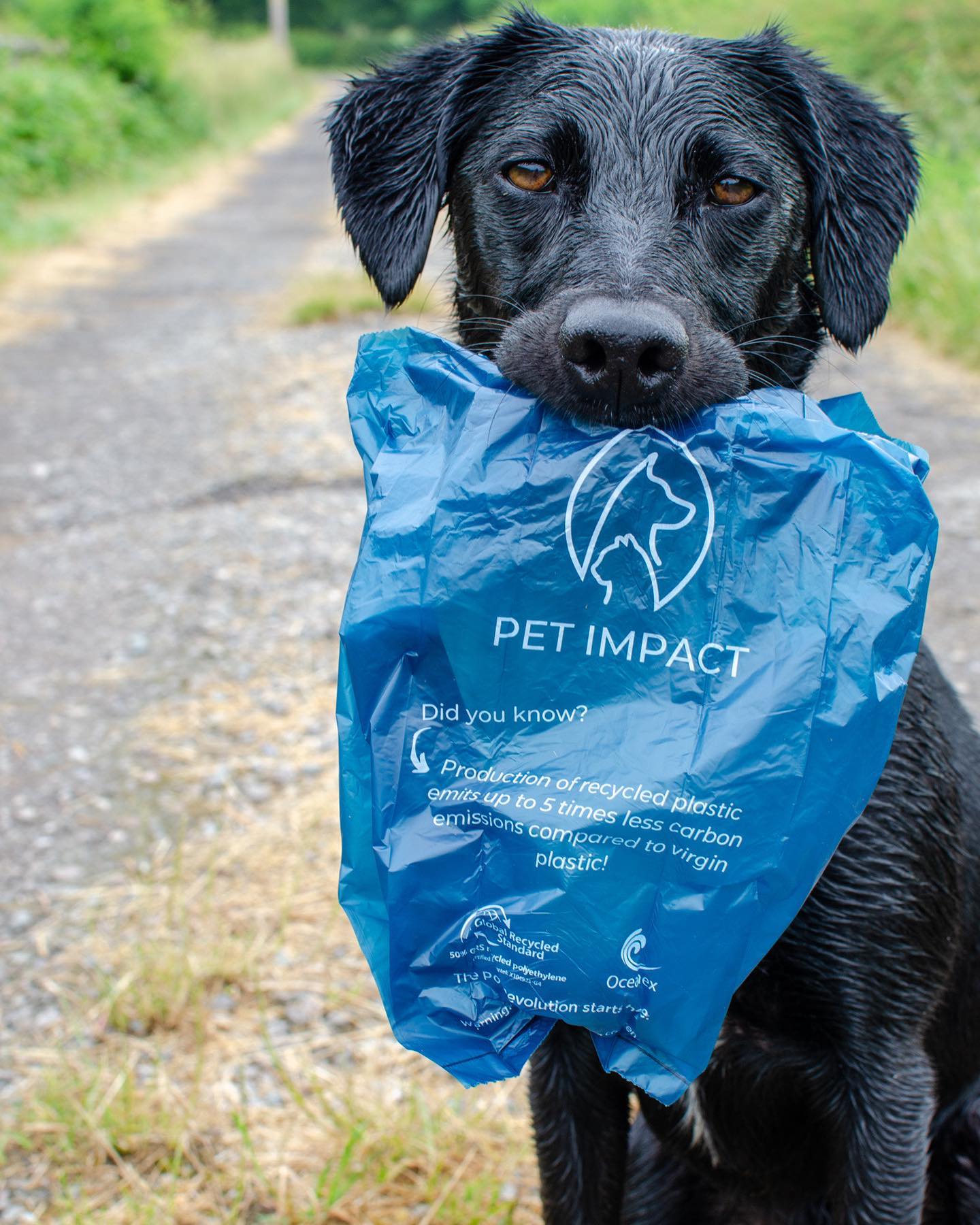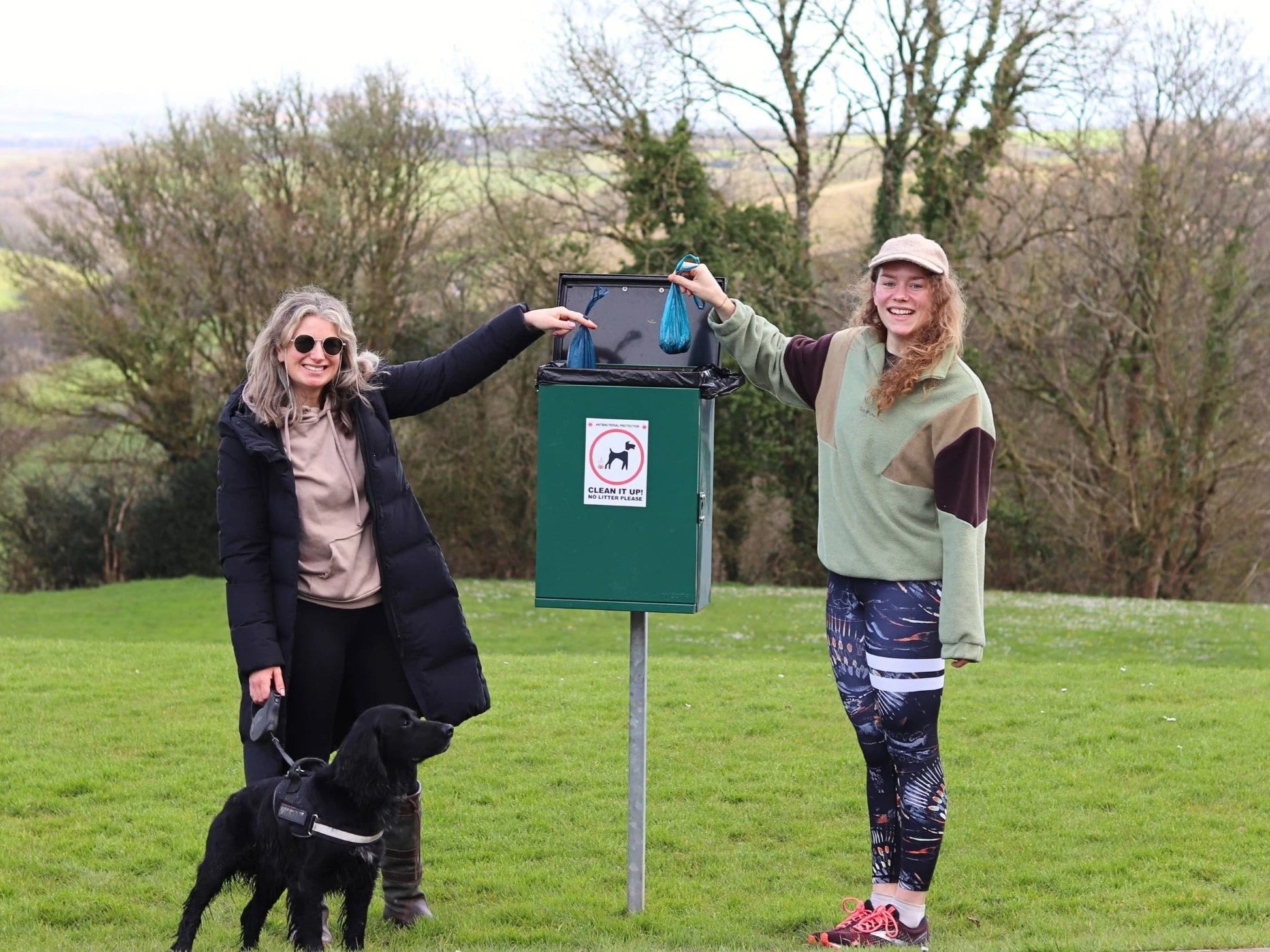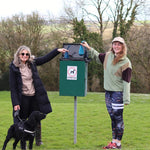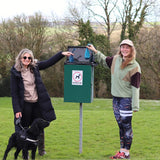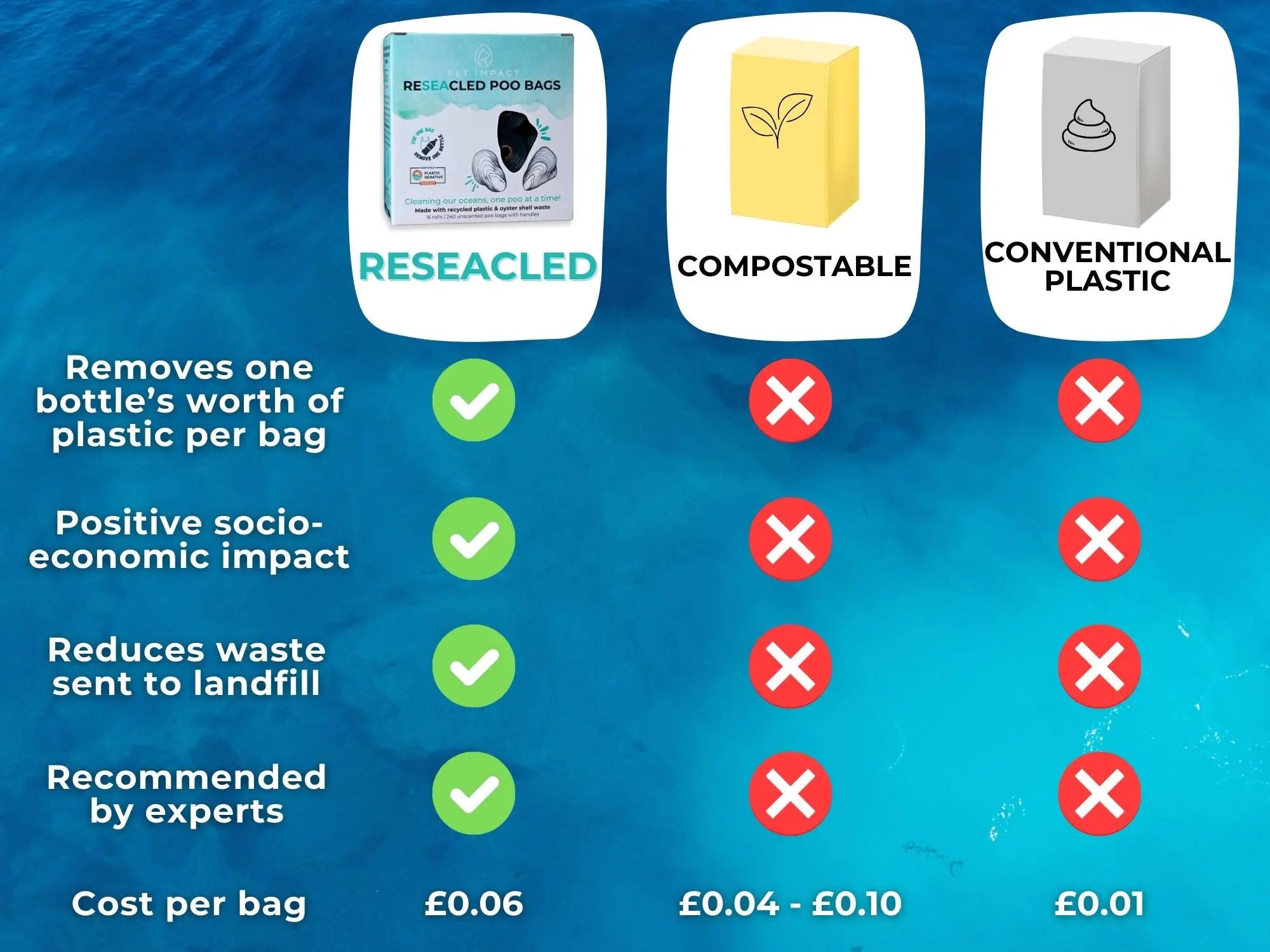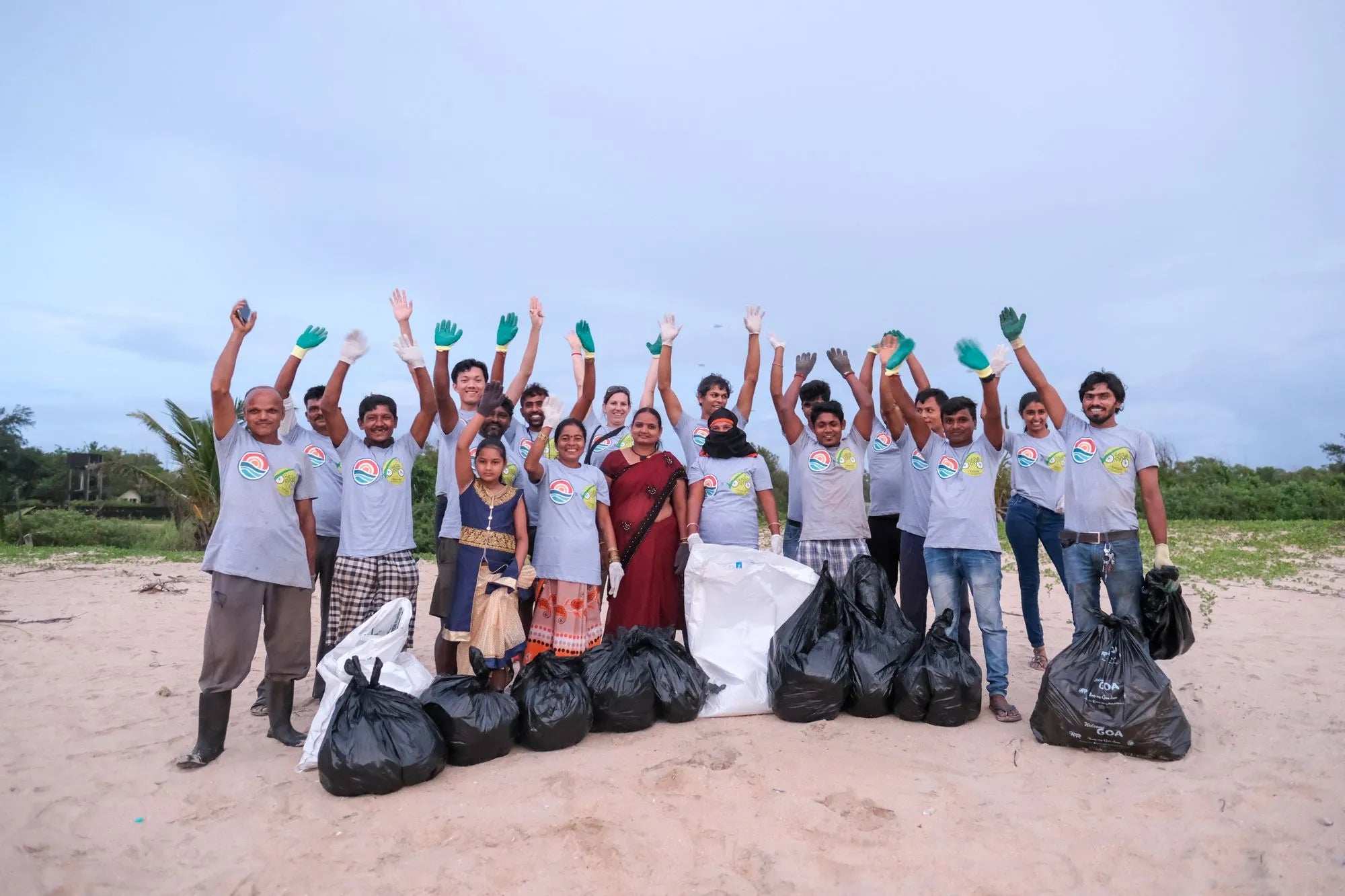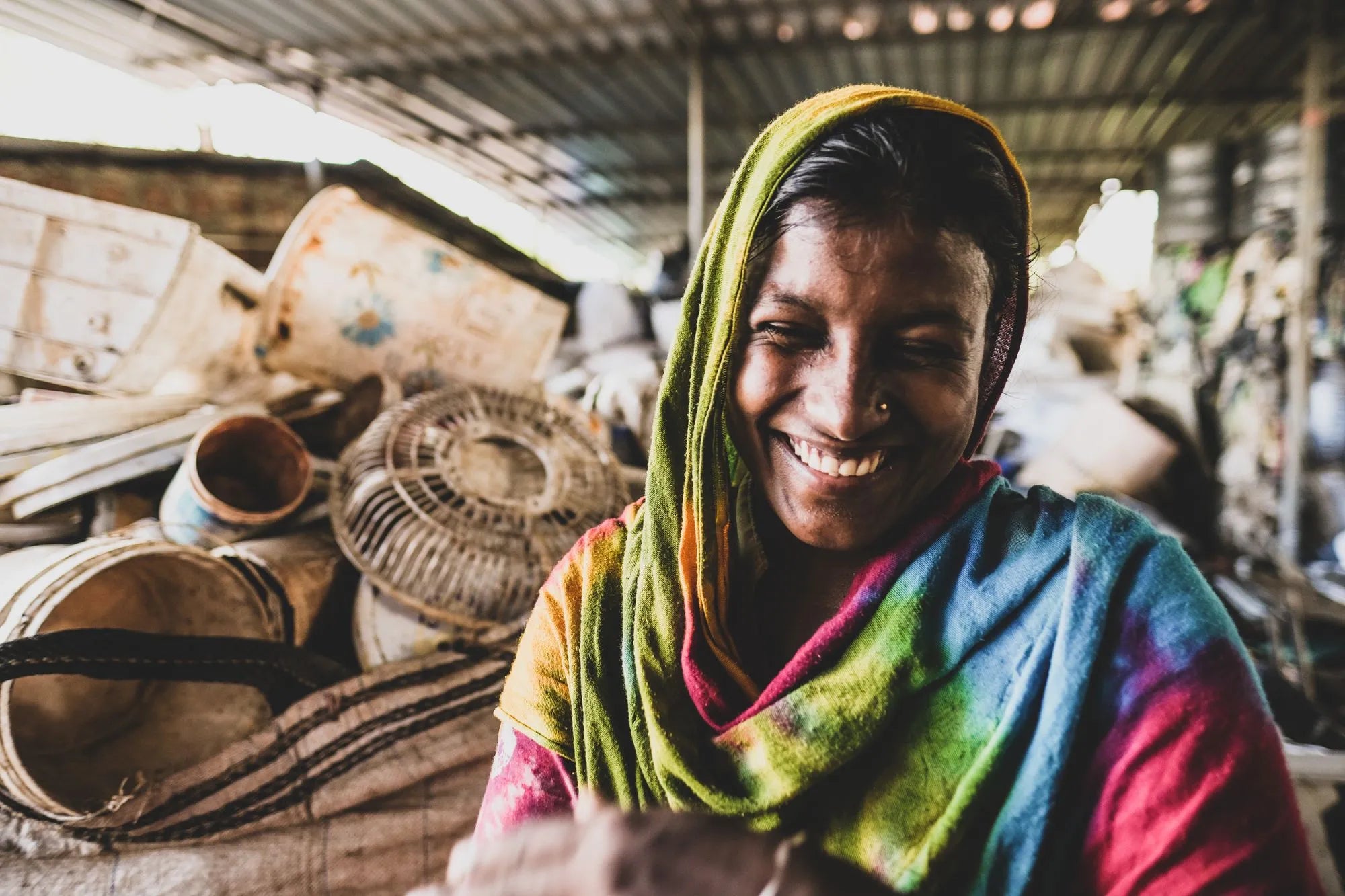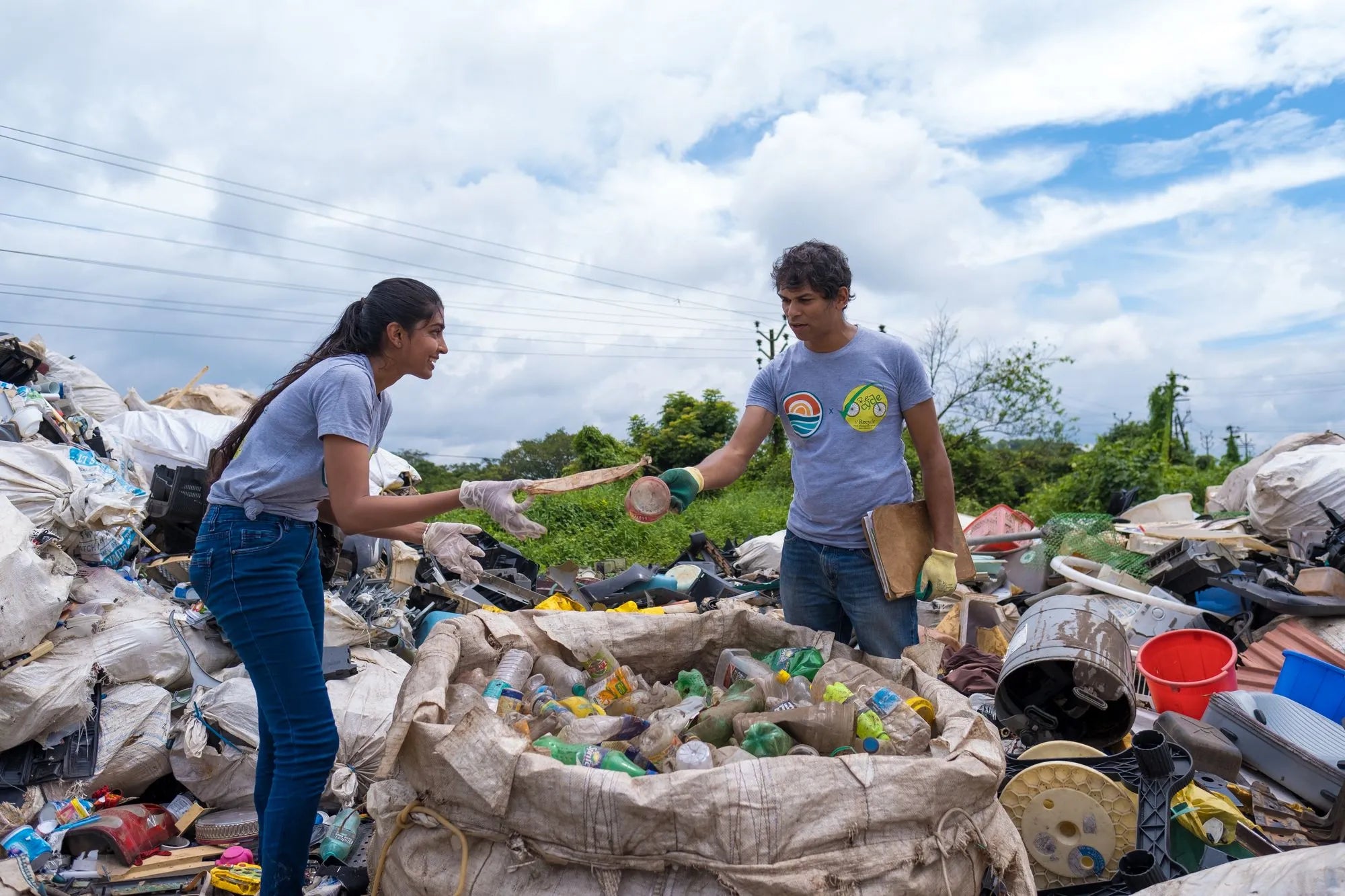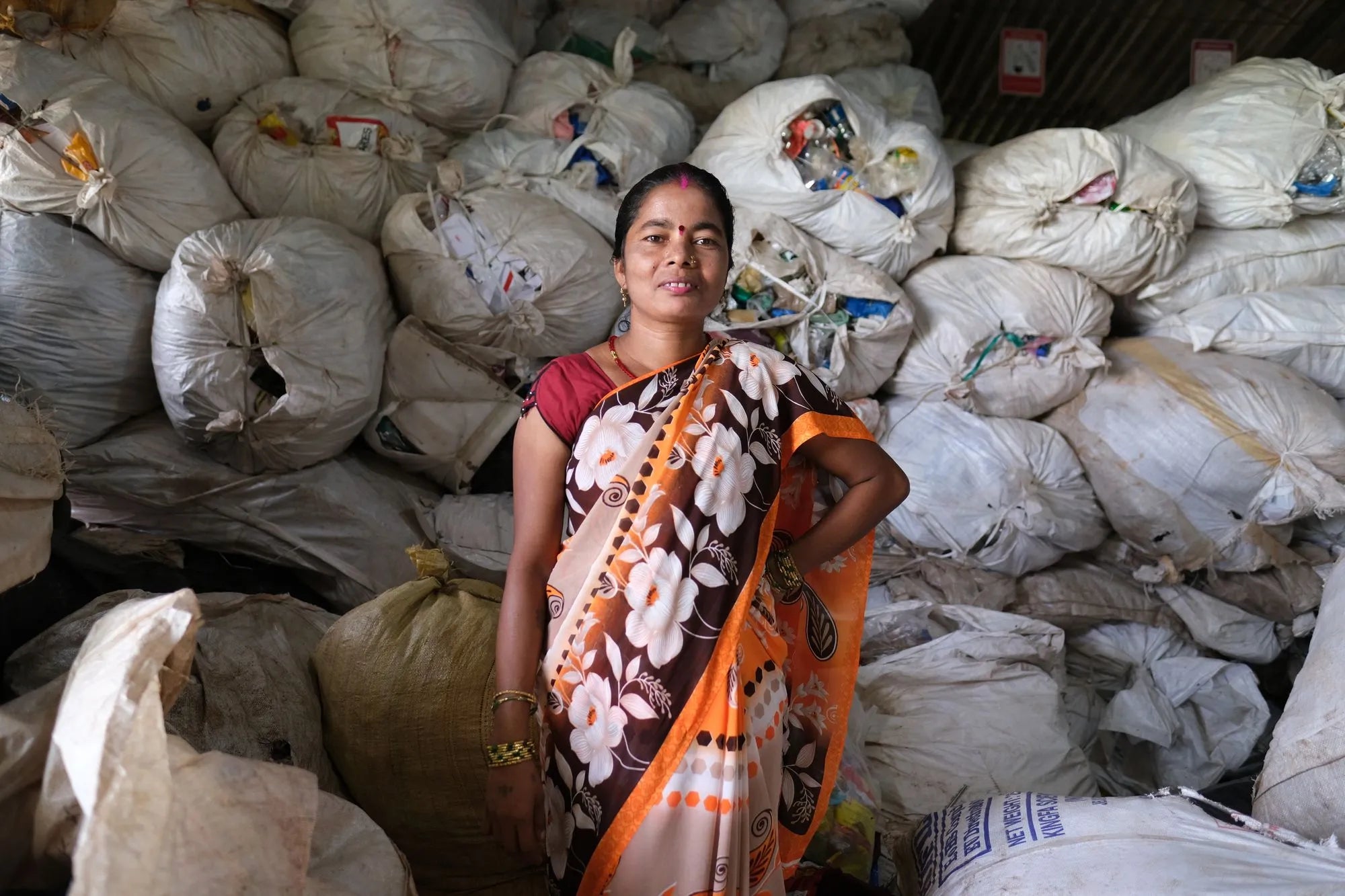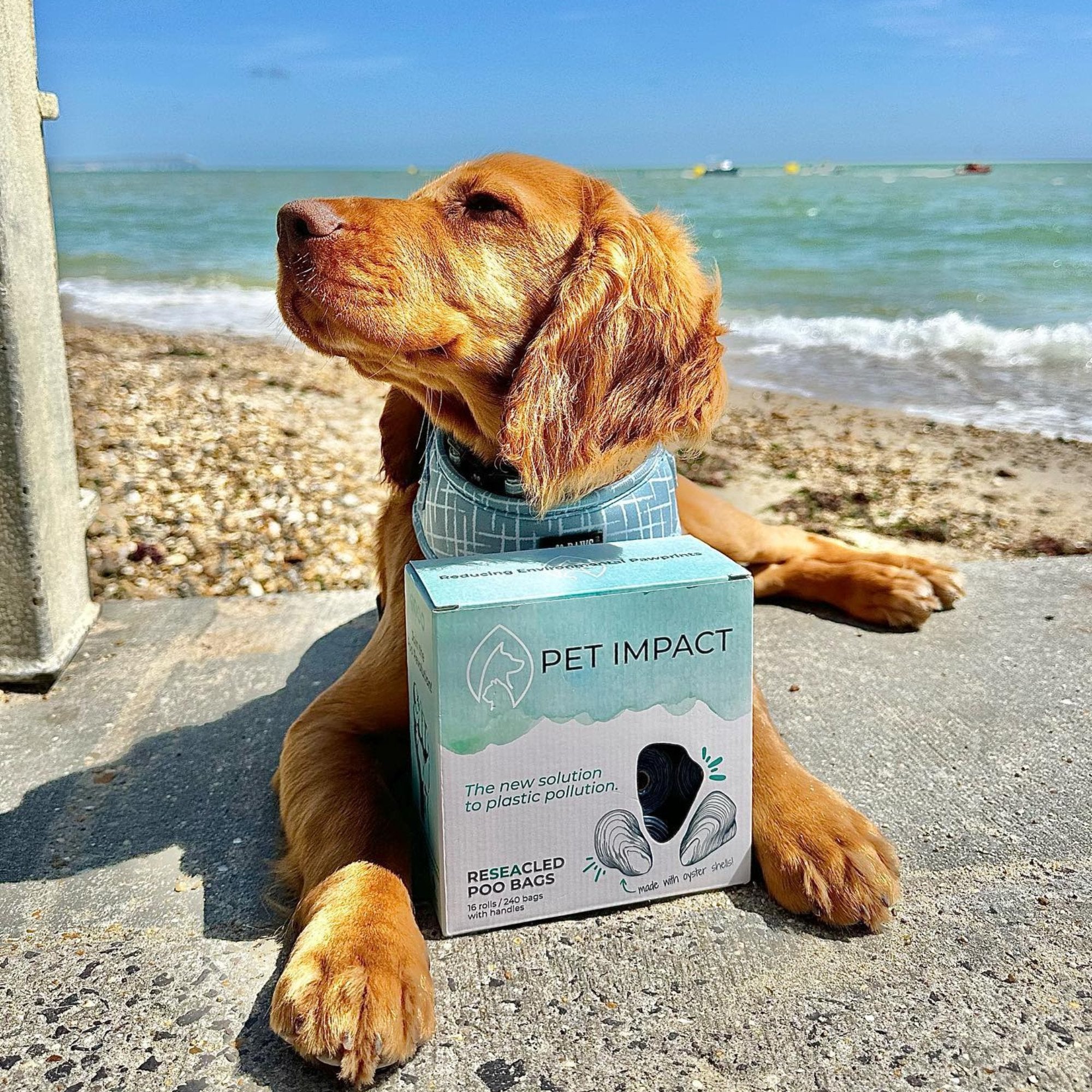As Featured In
Frequently Asked Questions
Are these bags biodegradable or compostable?
No. Research shows that even 'biodegradable' and 'compostable' plastic does not biodegrade in the real world and contributes to microplastics. Nothing properly biodegrades in landfill either, which is sadly where most poo bags end up! Or they often go to incineration, rendering biodegradability irrelevant.
Nonetheless, since our bags are made from waste that was already destined to go to landfill, you're helping reduce the amount of new waste going there - nice one.
Where are they made?
China.
We tried to make these locally but were unable to find a suitable factory that could make poo bags to our specifications and at an acceptable cost.
As of 2024, we have not found any poo bags that are made in the UK.
To help mitigate this impact, we ship our poo bags by sea and never fly anything in. The manufacturer we partner with also has had a SMETA 4-pillar audit, that assesses labour standards, health & safety, environmental assessments and business ethics.
Where should these bags be disposed?
General waste at home or dog poo bins.
While they are technically recyclable, they cannot be recycled due to their contents!
Should I buy these if I compost my dog's poo?
No, if you compost your dog's poo you are better off without any poo bags or using certified home compostable poo bags.
How big are the bags?
Each poo bag measures approximately 24cm from top to bottom (36cm from top of handles to bottom of bag) and when opened they measure approximately 22cm wide.
How thick are these bags?
They are 15 microns thick.
How many bags in a roll or box?
There are 15 bags on a roll and 16 rolls in a box (240 bags in total).
What Can We Improve On?
1. Recycled material percentage.
The bags currently use 25% virgin plastic. We have experimented with 100% recycled content but unfortunately the strength and quality were compromised. We are actively working towards 100% recycled content and hope to have this available by the end of 2024.
However, these current bags are still better than compostable and biodegradable bags that include 50-80% virgin fossil fuel based polymers (PBAT) or non-recycled bags that use 100% virgin material.
2. Where it is made.
ReSEAcled Poo Bags are made in China. We would ideally want to make them locally but have been unable to find a suitable factory that could make them to our specifications and at an acceptable cost to the end consumer.
As of 2024, we have not found any poo bags that are made in the UK.
To help mitigate this impact, we ship our poo bags by sea and never fly anything in. The manufacturer we partner with also has had a SMETA 4-pillar audit, that assesses labour standards, health & safety, environmental assessments and business ethics.
***
While not perfect, ReSEAcled Poo Bags are the least harmful option for our planet when accounting for the entire life cycle of a poo bag.
Guided by experts. Directed by research.
The poo bag world is filled with greenwashing. We’re here to set the record straight.
Our Journey from Compostable to ReSEAcled Poo Bags
Like many eco-conscious pet owners, we started out believing that biodegradable poo bags were the eco-friendly solution to conventional poo bags. We thought they were made from plants and that they’d biodegrade regardless of where they ended up, leaving no trace... How wrong we were!
After a good year of research, speaking with plastic experts and sustainability consultants from The Rubbish Project, we discovered biodegradability doesn't guarantee 'eco-friendliness'. In fact, biodegradable plastic is just as problematic as normal plastic and may even create more problems than it wishes solve.
After we surveyed our customers we discovered that less than 5% of people were composting our compostable poo bags, meaning the majority went to landfill or incineration.
But then we discovered that landfill doesn't have the right conditions for their biodegradation (e.g. no oxygen), so our compostable poo bags wouldn't breakdown there, persisting for potentially hundreds of years, with the added problem of releasing methane, a potent greenhouse gas! In this sense, they were probably worse than normal plastic in landfill.
In fact lots of research now shows that biodegradable and compostable plastic behaves like regular plastic in the real world, persisting for years before fragmenting into microplastics.
Then it got us thinking, if all poo bags are single-use and go straight to landfill or incineration, is it sustainable to use precious food crops and huge amounts of water, land, chemicals and GMOs to make them?
It turns out that 'plant-based' plastic has an extremely large environmental footprint, potentially larger than normal plastic and competes with human food production. What's more, these 'plant-based' poo bags still rely heavily on fossil fuels and are made with up to 80% PBAT, a biodegradable plastic made from petrochemicals!
We concluded that biodegradability is a myth (and is kind of pointless if most poo bags go to landfill or are burnt!). It was clear that what matters most is what they're made of and fossil fuels and food crops didn't sound sustainable to us (or our sustainability consultants).
So we decided it's time for change. We didn't want to keep producing new plastic that we knew would end up in landfill or incineration. Instead, we created our new ReSEAcled poo bags from waste that was already destined to go there! In this sense, we knew we wouldn't be adding any new waste to landfill/incineration and would help clean up existing plastic pollution.
Recycling plastic is also proven to use less energy and produce fewer carbon emissions than making plastic from virgin materials. It also avoids the many environmental problems with plant-based plastic, such as deforestation and competition with human food production.
The Issues With Compostable and Biodegradable Poo Bags
Problems with their creation:
- Not “plant-based”. Whilst often marketed as such, they still contain 50 - 80% polybutylene adipate terephthalate (PBAT) a biodegradable polymer made of fossil fuels. Only a mere 15-30% of the poo bag consist of cornstarch / plant material.
- Still a plastic. While branded as “plastic-free”, these bags are in truth a type of plastic themselves – they are a “bioplastic”. They have the polymeric chemical structure of plastic. Any plant material used in its making has been chemically changed with other polymers added as above.
- Plant-based plastic currently relies on food crops (corn / sugarcane) so directly competes with human food production and demands large amounts of land, energy and water. These scarce resources should be used to feed people of the world who are already battling starvation.
- Some life cycle analyses indicate that plant-based plastic is the same, if not worse, than normal plastic, in terms of contributing to climate change, air pollution, ecotoxicity and energy use. This is mainly due to the industrial farming practices used to grow these crops, which undermines its potential sustainability.
Problems with their disposal:
- Not biodegrading or ending up where they should. We lack the infrastructure to collect and industrially compost dog poo and less than 5% of people compost at home. This means these bags go to landfill or incineration. In landfill, they do not breakdown properly and produce methane, a potent greenhouse gas. In incineration, they can produce more carcinogens than some types of normal plastic.
- Contributes to plastic pollution. These bags give people the false impression that they will quickly "break down" in any natural environment. But many studies show that biodegradable and compostable plastics often fail to biodegrade in real world environments, remaining intact for years before fragmenting into microplastics.
- Increases littering. Misleading messaging as above lead to many thinking the bags will breakdown if left in the environment, which they don't.
- New research shows 60% of certified home compostable bags don't reliably biodegrade in home compost, fragmenting into microplastics that could contaminate food plants.
- There's a high level of customer confusion surrounding the terms biodegradable, degradable and compostable bags. Meaning the wrong bags may end up in the wrong place, where they will not breakdown.
Until we have sustainable compostable poo bags that reliably biodegrade and the infrastructure to actually compost them, we don't believe compostable (or biodegradable) poo bags can be considered 'eco-friendly'. This is in line with expert advice (as also discussed on BBC Radio 4 podcast 'Sliced Bread').
Transform a Daily Act to have a Profound Impact
From Harm to Harmony: Poo Bags Restoring Ocean Balance
8 million pieces of plastic make its way into the ocean, every day.
Recycling and reducing are vital, but they're not enough.
To tackle the plastic crisis, we must incentivize the removal of existing hard-to-recycle, low value plastic waste from the environment.
ReSEAcled Poo Bags do just that, while empowering marginalised communities worst affected by the crisis.
Their unique Plastic Negative certification by rePurpose Global, means that for every unit of plastic used in our poo bags, we remove five times that amount of plastic from nature, or the equivalent of one bottle's worth of plastic!
Once a source of pollution, our poo bags have transformed from being part of the problem to being a key part of the plastic pollution solution. Join us in using poo bags as a force for good!
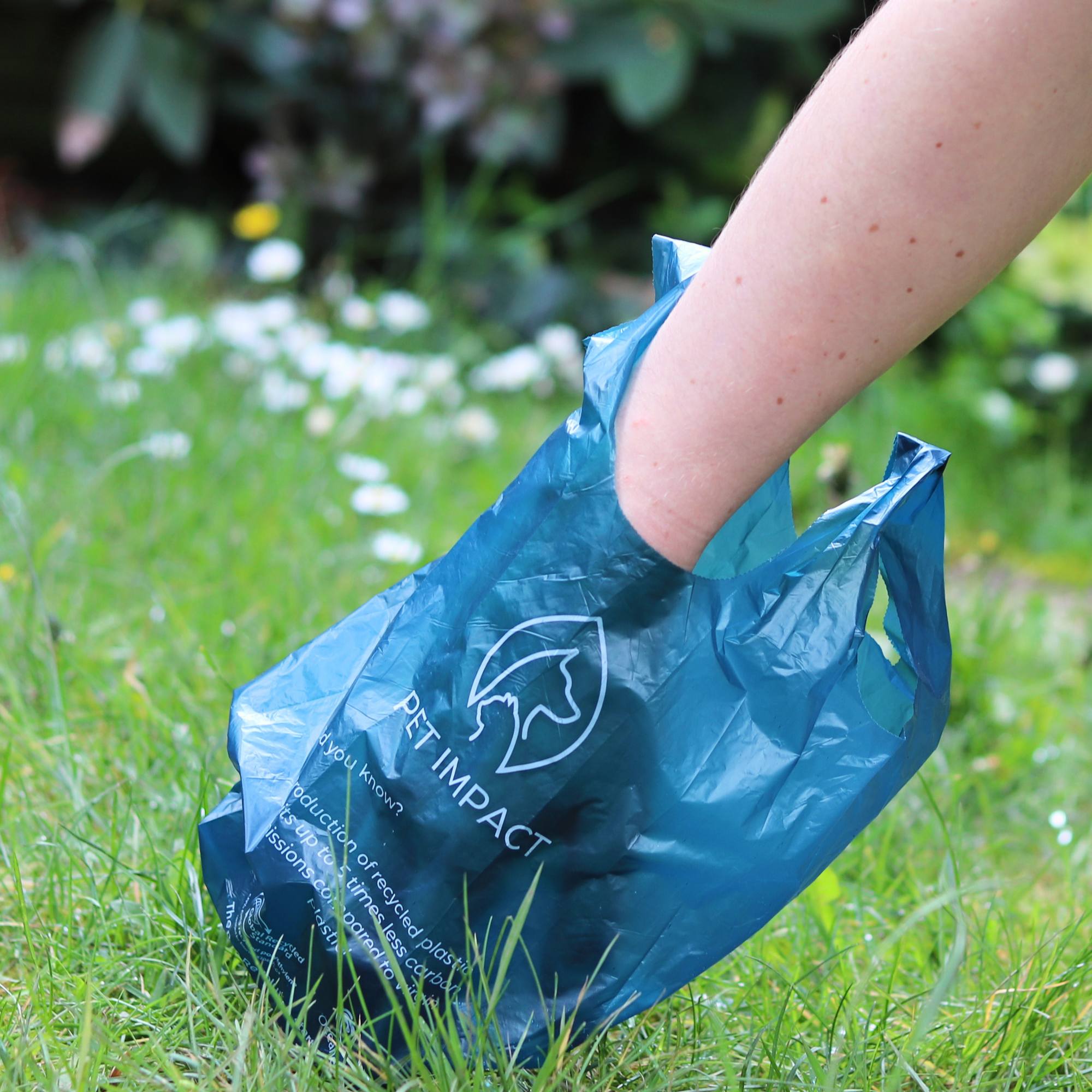
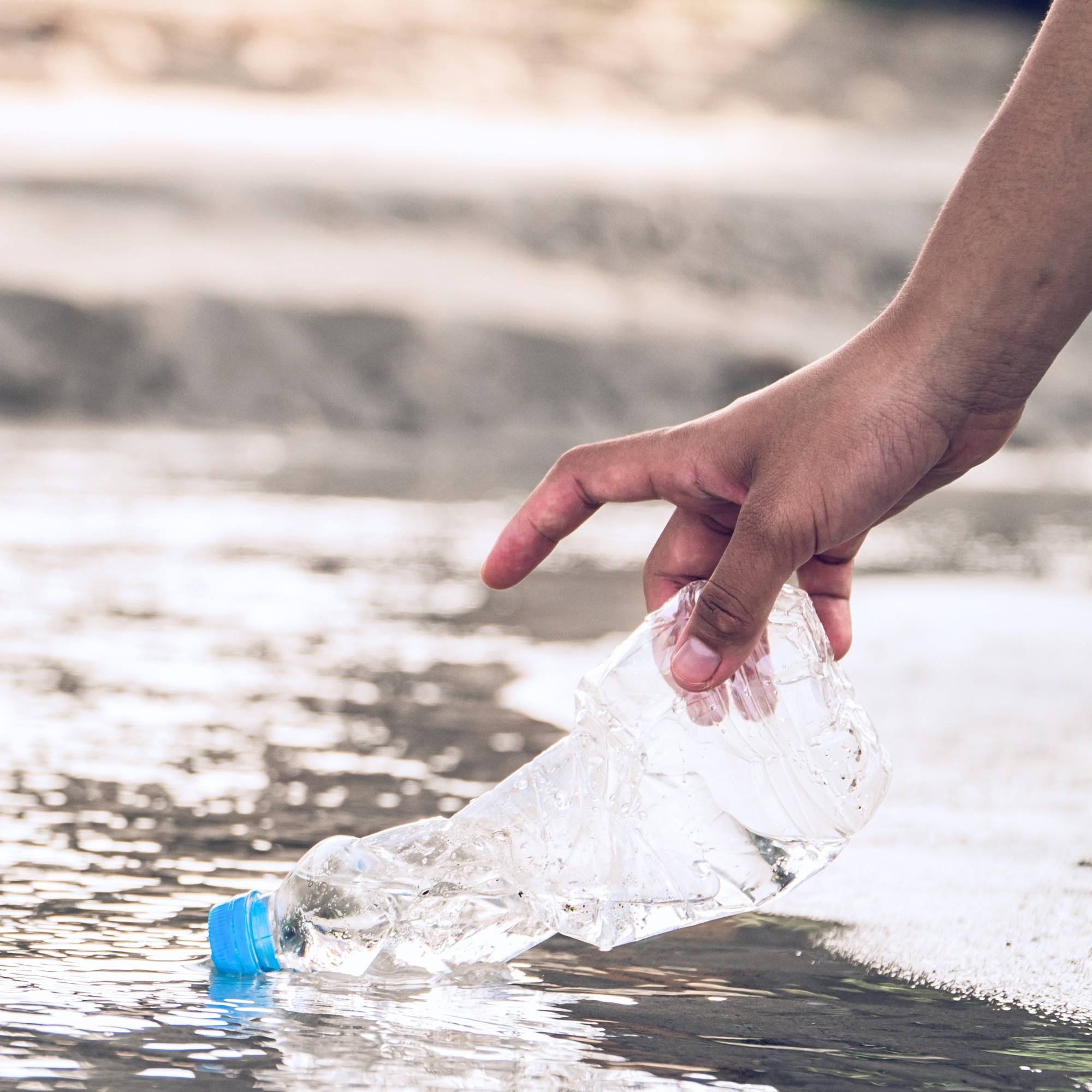
The Oyster Shell Difference
- Putting a waste stream to better use. The shell of an oyster represents more than 70% of its total weight, meaning every year, processing oysters for food leaves behind millions of tons of waste shells, most of which are landfilled.
- No additional demand is placed on oyster farming for ReSEAcled Poo Bags. Only existing waste shells are used.
- The calcite in the shells can be added to plastic to reduce its fossil fuel content, without compromising quality or functionality. The mining of limestone for calcite is typically environmentally destructive but converting waste shells to calcite is comparatively simple and requires less energy. It is also quickly renewable.
- Sustainability - Oyster farming is widely considered sustainable due to their rapid growth and need for few resources. In fact, they can actually have a net positive environmental impact due to their ability to clean the water of pollutants and sequester carbon dioxide.
- A responsible supply chain - Oysters are mostly sourced from coastal areas in Asia. Working in the oyster trade is a full time occupation for many residents. Like many local industries, individual households have the opportunity to make a living by providing a small part of the whole process - everyone has a way to earn money without one large entity controlling their employment. The ‘shucking’ is normally done by older female family members, but the industry involves the construction and renewal of the oyster bed infrastructure and preparing and transporting both the oyster meat and the shell. The requirements of the industry are diverse and it provides work for men and women of all ages.



